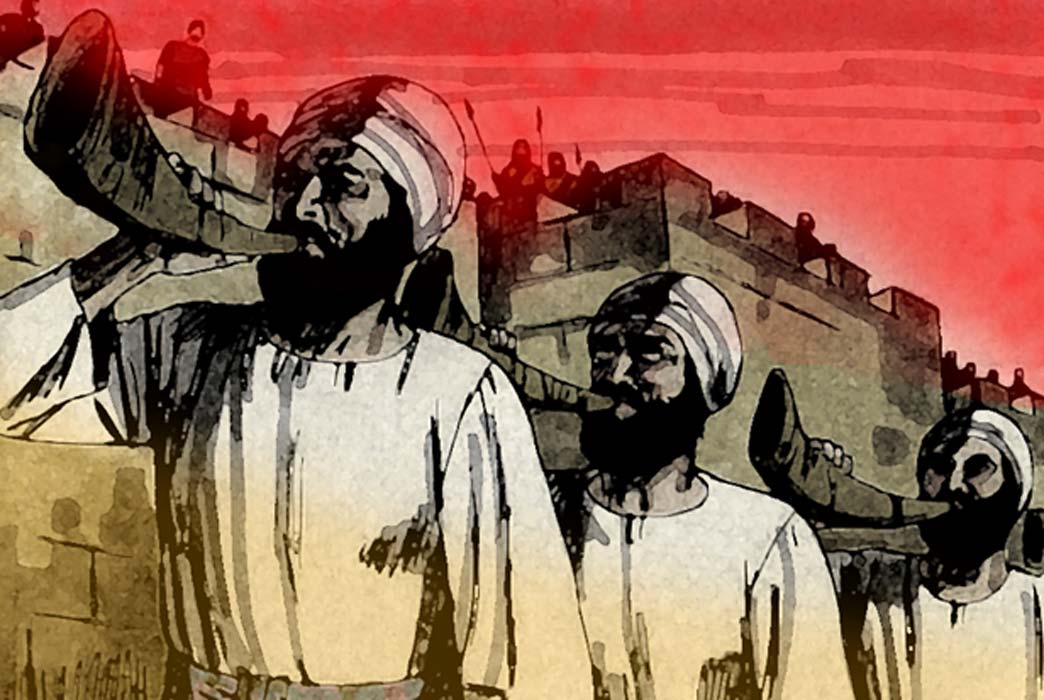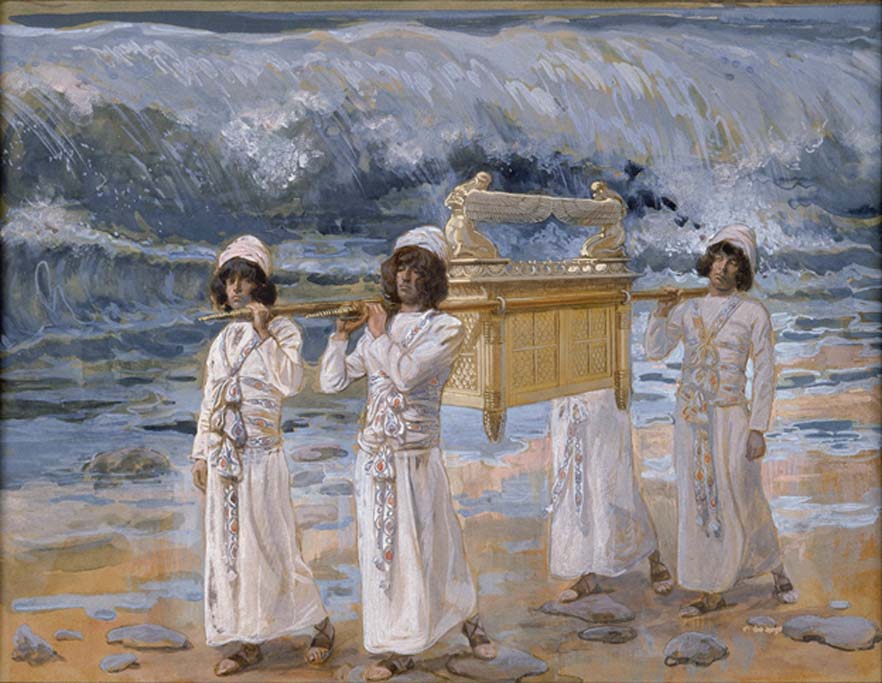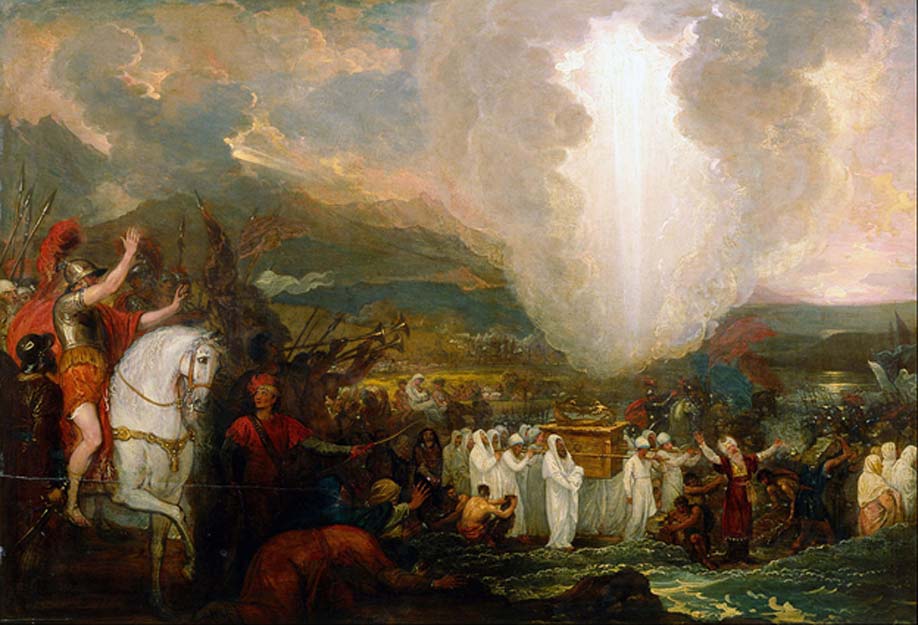
Sounding the Horns of Doom at the Battle of Jericho – Part I
Joshua was a great military leader and a controversial figure in the Bible. With Moses’ death at Mount Nebo, Joshua was elected the new leader of the tribes of Israel. Under Joshua’s leadership, the Israelites would continue in their quest to possess the land of Canaan believed promised to them by God. It was during this conquest that two important battles and their outcomes took place that would demonstrate the harshness and psychological aspects of war at Jericho, and at the same time highlight the brilliance of Joshua’s military thinking at Ai.
On the Road to Jericho
Joshua’s conquest of Canaan began with Israelites pulling out of Shittim, an ancient city in Moab, now Abil-ez-Zeit, Jordan. Once the spies had made contact with a willing ally in Jericho named Rahab, who provided valuable information, the Israelites marched to the banks of the Jordan, where they encamped. Three days later Joshua gave the order to cross. Those to cross first were the Levites who were carrying the Ark of the Covenant.

‘The Ark Passes Over the Jordan’ ( Public Domain )
At the riverbank, the Levite priests touched the waters, and the “waters and rose up upon an heap very far from the city Adam, that is beside Zaretan: and those that came down toward the sea of the plain, even the salt sea, failed, and were cut off: and the people passed over right against Jericho.” (Josh 3:16)
But did the Jordan River miraculously divide, allowing them to march across a dry riverbed, or is there more to the story?
Miraculously Parting Waters?
Earthquakes are common along the Dead Sea depression and might be the contributing factor to the Jordan splitting for Joshua. In 1927, an earthquake cut off the river for twenty-two hours. In 1546, an earthquake triggered a landslide which stopped the river from flowing for two days. In 1267, the river stopped once again at midnight and would not flow again until 10:00 the following morning. While this is plausible, the Book of Joshua provides an overlooked possibility.
- Ark of the Covenant: A Weapon, A Throne, A Temple – Part I
- Was the Garden of Eden a Real Place?
- 5,000-Year-Old Jewelry and Eyeliner Highlight the Power of Ancient Jericho
From a military standpoint, it makes no sense to sit and wait for three days before crossing, especially considering that the king of Jericho could have easily mustered his forces and acquired the aid of local allies to deploy their forces along the west side of the Jordan River, using it as a tactical obstacle. However, the king of Jericho evidently did not have the luxury of such aid to assist him in preventing an Israelite crossing of the Jordan. The reason for the lack of aid was due to the disunity between the various Canaanite city-states. This is not to say that they could not unite to attack a common foe but given the disunity, both militarily and politically, shows their true weakness in preventing a foreign invasion. While Joshua’s decision seems a bit risky, he was no fool. So, what were the Israelites doing? The answer is they were taking advantage of a recent earthquake.
With a natural obstacle in place, the flow of water slowed down and slowly receded, thus making the river shallow enough to build a barrier of some sort to hold back the slow, if not standing, waters. Joshua indicates that the “Jordan overfloweth all his banks all the time of harvest.” (Josh 3:15) Knowing that the fords were flooded, Joshua decided that three days was sufficient to construct a barrier made of stone to hold back the waters and to allow the army to move fluidly across. Once the army crossed, Joshua orders the removal of the stones. (Josh 4:2-3) Joshua’s order to remove the twelve stones indicates that there was to be no retreat, and no surrender. Joshua understood well that a force with its back against a wall will fight more ferociously.





